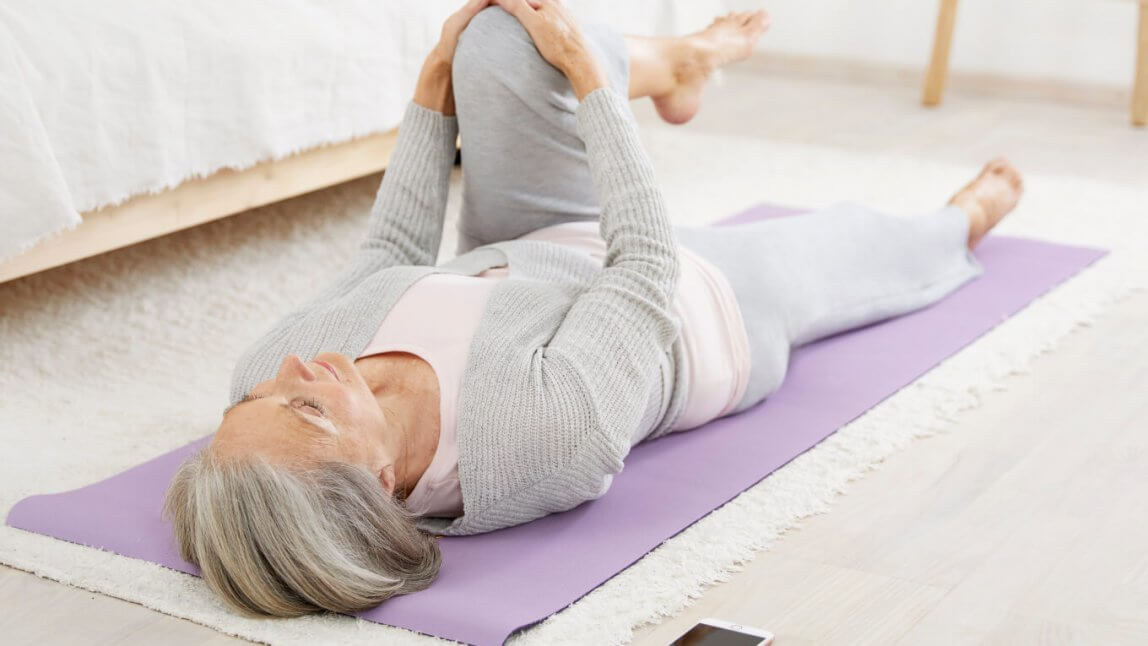
The Art of Self-Care: 5 Tips for a Healthy Mind and Body
If you make time for a few minutes of self-care every day, you’re less likely to feel frayed at the edges. Not sure how to do self-care exactly? No worries—we’ll show you some simple ways to master the art of self-care.
6 min read

Further Reading
-
 New pain management program extends capabilities of Kaia Health’s digital MSK platform4 min read
New pain management program extends capabilities of Kaia Health’s digital MSK platform4 min read -

Kaia Health App Improves MSK Pain and Lowers Medical Claims
MSK Pain Management app delivers consistent, gradually improving results3 min read -

Three-Week Rollout Powers Kaia Health’s Digital MSK Solution into 2021
Off-cycle, rapid rollout delivers digital MSK pain management app in as little as three weeks5 min read